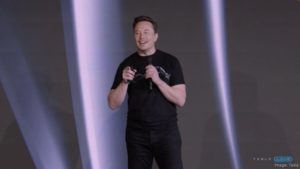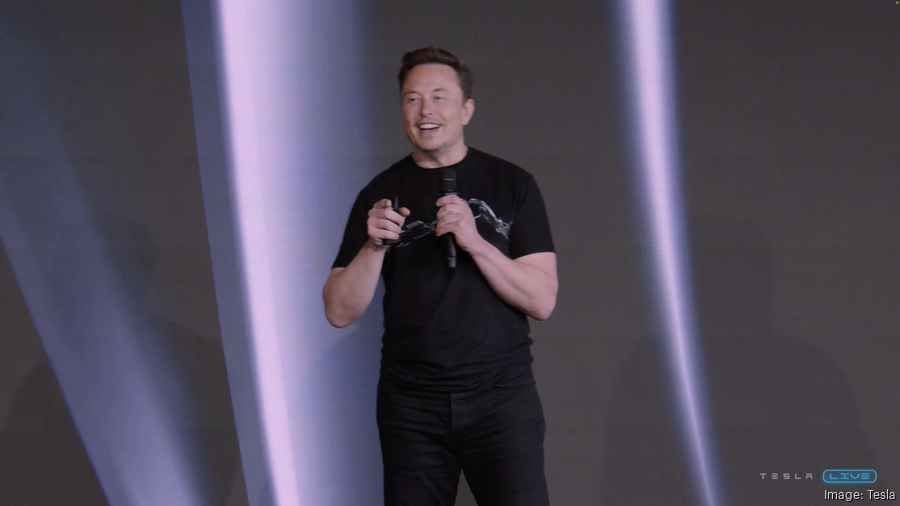Article published in the Philadelphia Business Journal on January 28, 2024.
Jan. 31 update: On Jan. 30, the Delaware Court of Chancery rejected Musk’s pending 2018 $56 billion compensation package. The court found that the board had extensive ties to Musk and therefore was not independent in making the award.
On Jan. 15, Tesla CEO Elon Musk posted on X an ultimatum to the Tesla board threatening to develop AI and robotics technology outside of Tesla unless he had 25% voting control of the company. Musk’s post read:
I am uncomfortable growing Tesla to be a leader in AI & robotics without having ~25% voting control. Enough to be influential, but not so much that I can’t be overturned. Unless that is the case, I would prefer to build products outside of Tesla. You don’t seem to understand that Tesla is not one startup, but a dozen. Simply look at the delta between what Tesla does and GM.
Before his sale of Tesla shares worth $4 billion in 2022 to fund his acquisition of Twitter (now known as X), Musk’s ownership position of Tesla was around 20%. After the sale of Tesla shares, his ownership position fell to about 13%. Musk’s ultimatum would nearly double his current Tesla ownership position. If 25% ownership of Tesla was so important to him, he should have thought of that before selling shares to acquire Twitter.
So, Musk sells shares to purchase Twitter and then asks the board to grant equity to more than replace those shares, threatening to hurt Tesla and its stockholders if he doesn’t get what he wants. How many CEOs would do that? Musk forgets that he works for the stockholders, not himself.
Musk already effectively controls Tesla through the stock holdings of the company’s directors, many of whom are Musk’s friends and family.

As expected, Musk’s ultimatum drew a “firestorm” of strong negative reaction. Much of Tesla’s lofty valuation is based on Tesla not only being a car company, but also an information/artificial intelligence technology company. Dan Ives, managing director of equity research at Wedbush Securities wrote, “The Street views Tesla correctly (in our view) as a disruptive tech leader and if Musk ultimately went down the path to create his own company (separate from Tesla) for his next generation of AI projects, this would clearly be a big negative for the Tesla story.”
How will the Tesla board respond to Musk’s ultimatum? If they accede to Musk’s demands, there most certainly will be a shareholder lawsuit. Musk’s 2018 compensation package, worth a staggering $56 billion, resulted in a shareholder lawsuit that has yet to be decided by a Delaware court.
If the court finds in favor of Musk on his 2018 compensation package, his Tesla equity position will rise to 20.6%. If Musk has to wait as long as it has taken for the 2018 suit to be resolved, the question of whether he develops AI and robotics technology inside or outside of Tesla may be a moot point. Technology moves too fast.
Musk doesn’t care about what’s in the best interests of Tesla’s stockholders. He only cares about himself. Any additional shares granted to Musk outright dilutes the current stockholders’ ownership. Stock option shares need to be earned over time based on Tesla’s stock price performance. I doubt that the stock option route would be satisfactory to Musk.
AI and robotic technology developed inside Tesla is the proprietary technology of the company. If Musk’s ultimatum for a 25% ownership position is rejected and he decides to develop AI and robotics outside of Tesla, he legally could not use any technology developed at Tesla.
The stock price of Tesla is very sensitive to Musk’s actions. If he decides to develop AI and robotics outside the company, it will have a significant adverse impact on Tesla’s stock price, hurting his current equity position which comprises much of Musk’s wealth.
With the large number of competitors in the electric vehicle market, Tesla must continue to differentiate itself. Developing AI and robotics is one way to accomplish that, which will continue to justify Tesla’s high multiple compared with its electric vehicle competitors. AI and robotics can deliver that differentiation. As CEO, that is Musk’s job.
It is not often that a CEO with the power of Musk emerges on the scene. CEOs with that power are a double-edged sword with the success of the company dependent on them. This is normal for an early-stage company. However, for a company with a valuation of nearly $700 billion, it’s dangerous when the CEO can dictate his compensation package and threaten to hurt the company and its stockholders if he doesn’t get what he wants.
Let’s see how this plays out.
Stan Silverman is founder of Silverman Leadership and author of “Be Different! The Key to Business and Career Success.” He is also a speaker, advisor and widely read nationally syndicated columnist on leadership. He can be reached at stan@silvermanleadership.com.

